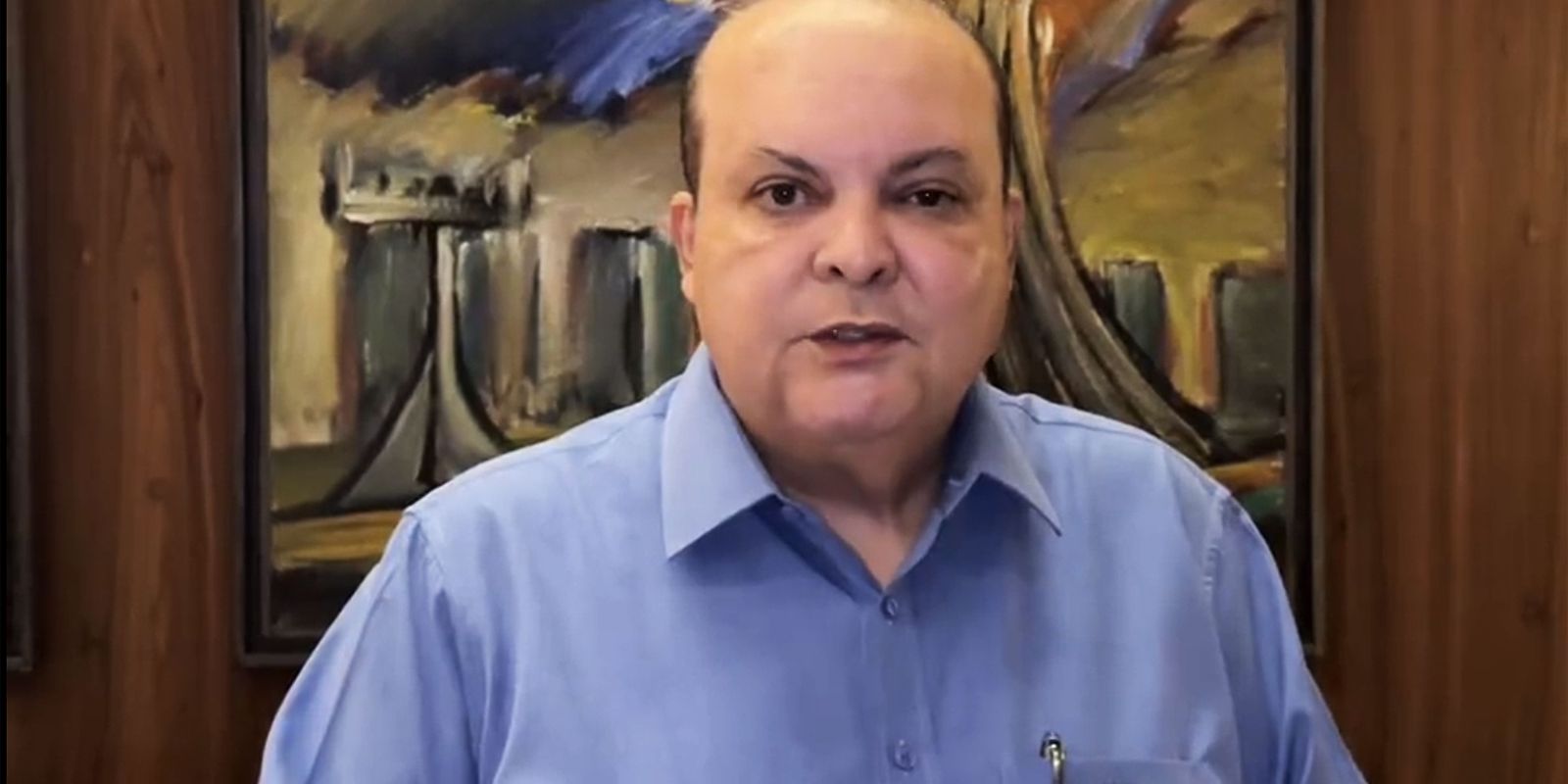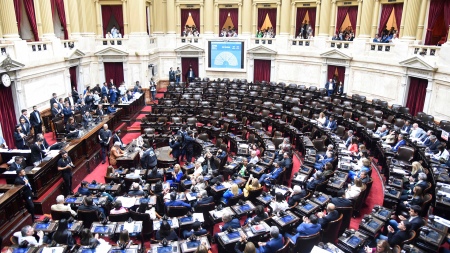The judgment that confirmed the removal of the governor of the Federal District (DF), Ibaneis Rocha (MDB, for 90 days, ended with a score of 9 to 2 at the Federal Supreme Court (STF). The measure was imposed as a result of acts of vandalism practiced by Bolsonarist militants last Sunday (8), in Brasília.
The precautionary measure was judged yesterday (11) in the virtual plenary, and the ministers had until 23:59 to vote. The majority accompanied the rapporteur, Minister Alexandre de Moraes, who removed Ibaneis from his duties early on Monday (9), hours after the acts of vandalism had left the National Congress, the Planalto Palace and the headquarters of the Supreme Court itself. depredated.
Moraes indicated the apparent connivance of Ibaneis Rocha, whose government was responsible for ensuring the security of public buildings in Brasília, but who did not set up a special security scheme, even though he was aware that violent acts were being planned.
The minister wrote that Ibaneis “not only made public statements defending a false ‘free political demonstration in Brasília’ – even though he knew, through all the networks, that attacks on the institutions and their members would be carried out – but also ignored all the authorities’ appeals for the implementation of a security plan”. He referred to federal government requests for the protection of public buildings and banning access to the Esplanada dos Ministérios, which were ignored by the DF government.
Moraes’ decision was endorsed by ministers Gilmar Mendes, Edson Fachin, Dias Toffoli, Cármen Lúcia, Luís Roberto Barroso, Luiz Fux, Ricardo Lewandowski and Rosa Weber. Those who disagreed, voting to keep Ibaneis Rocha in office, were ministers Nunes Marques and André Mendonça.
In the dissenting votes, both wrote that there were not enough elements to point out the governor’s collusion or intentional omission in Sunday’s episodes, and that his removal from office would be an excessive measure, given the little evidence presented in the investigations so far.
Prisons
With the same score of 9 to 2, the arrest of the former Secretary of Public Security in the DF Anderson Torres and the former commander of the Military Police of the DF Fábio Augusto Vieira was also maintained. According to the winning thesis, there is enough evidence to point out the connivance of both with the coup acts.
Among the evidence cited are images published on social networks and disseminated by the press, showing military police officers not taking action in the face of vandalism against public buildings. The force would also not have been reinforced. Another indication, in the case of the former secretary, was the fact that he had traveled to the United States days before Sunday, even though he was aware of the planning of violent acts in Brasília.
Again, the only ones to differ on this point were Nunes Marques and André Mendonça. Both argued that the freedom restriction measure is exceptional and should not be applied to the case of the former secretary and former commander. Among other reasons, the ministers argued that Torres and Vieira have already been exonerated, and therefore no longer represent a risk to investigations.
Fábio Augusto Vieira is already in prison. Torres said he would return from the US – where he said he went on vacation with his family – to turn himself in, but so far he has not returned to the country.
Other measures
Other measures determined by Minister Alexandre de Moraes as a result of the acts of vandalism on Sunday (8) were also endorsed, such as the dissolution of coup-mongering camps in front of Armed Forces units and the arrest in flagrante delicto of anyone who refused to leave these places. , the seizure of buses that brought Bolsonarist militants from other states and the ban on tour buses with demonstrators in the DF until January 31.
The only one to present reservations in relation to some of the measures was Minister Nunes Marques, who disagreed, for example, with the arrest in flagrante delicto of people who were in the coup camps. He said it was necessary first to investigate whether “such environments would harbor ‘terrorists’”.














